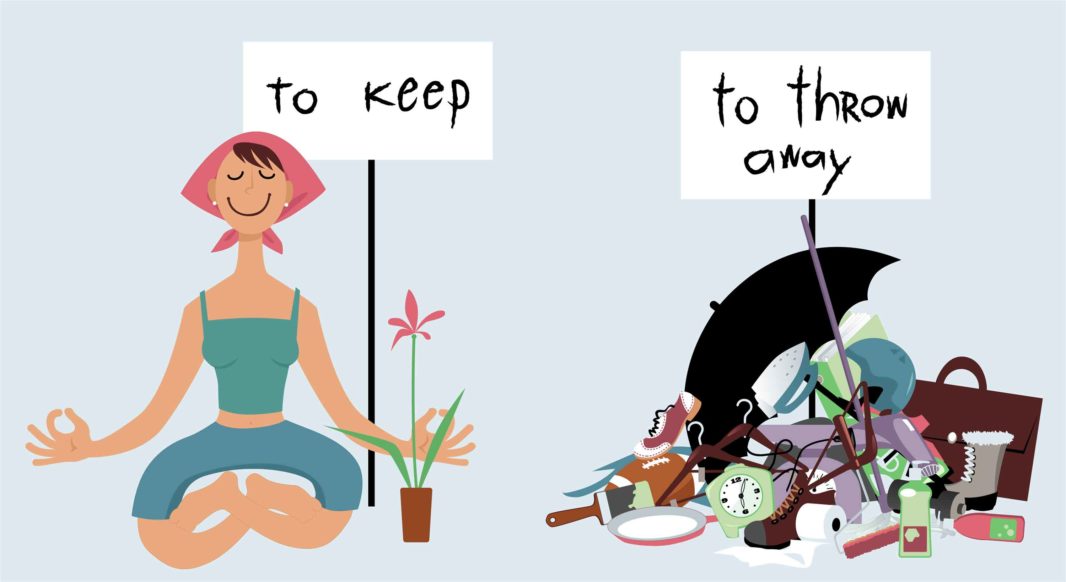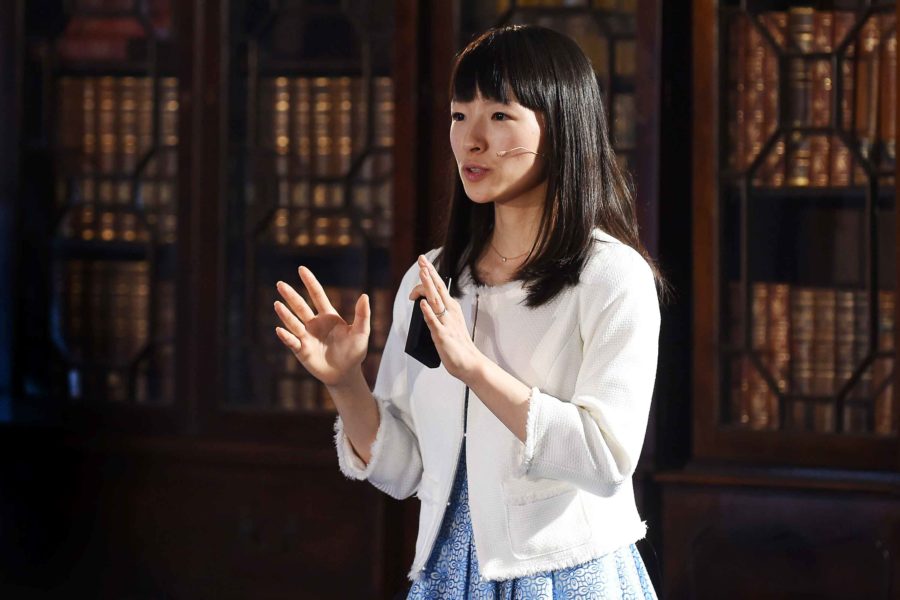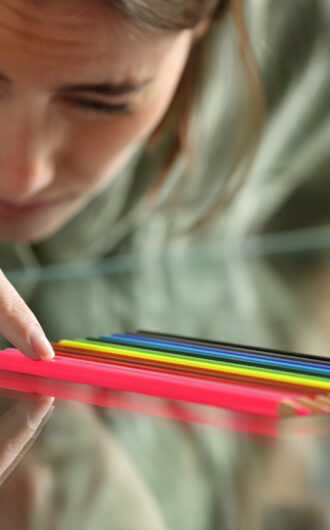“Discard everything that doesn’t spark joy.”
That’s author and Japanese decluttering diva Marie Kondo’s mantra in “The Life-Changing Magic of Tidying Up,” followed by her January debut of the Netflix series, “Tidying Up With Marie Kondo.” Joy is a compact word well-suited to the tiny 4-foot, 8-inch Kondo, whose “Konvert” followers seek a calmer, happier life by jettisoning their life-choking stuff and pack-rat ways.
Indeed, Kondo’s joy evokes happiness in its purest form. It’s the Mister Rogers’ “I like you, just because you’re you” kind of happy.
Problem is, the typical American lass leans heavily towards the Cookie Monster “Me want cookie, me eat cookie, om nom, nom, nom!” kind of happy. We love to consume, to buy things. Witness the meteoric rise of Amazon and its plan to drone-deliver the things we crave as fast as digitally possible!
But, Kondo is right. Our stuff is making us miserable.
According to a 171-page study, “Life at Home in the Twenty-First Century,” by UCLA-affiliated anthropologists and archeologists, American families are stressed out by their accumulated stuff. The study points out that many families can’t even park their cars in their own garage due to all the non-car related stuff stashed there.
Shall we mention our national affinity with Costco-type bulk purchases? Does a year’s supply of TP really bring us joy? Apparently, it does for many.
We are the land of bigger-is-better and more-is-best. We are not Japan, where the average single family house is only about 1,300 square feet. American homes average 2,700 square feet. And, one out of 11 Americans rents additional off-site storage.
 Maybe, our problem isn’t just that we have more physical space in which to store our stuff. Maybe, it’s that a large percentage of us are descendants of immigrants who fled want for a life that promised an abundance of things to achieve and to own in America. Just a thought. But, about 70 percent of our GDP is based on consumer spending, so buying stuff is deeply rooted in our national DNA. For many Americans, owning stuff evokes security, success and status.
Maybe, our problem isn’t just that we have more physical space in which to store our stuff. Maybe, it’s that a large percentage of us are descendants of immigrants who fled want for a life that promised an abundance of things to achieve and to own in America. Just a thought. But, about 70 percent of our GDP is based on consumer spending, so buying stuff is deeply rooted in our national DNA. For many Americans, owning stuff evokes security, success and status.
Indeed, Kondo’s creed has received some criticism. To part with too many clothes in your closet you have to feel financially secure that you can buy more duds when you need them in the future. Her philosophy does nothing to stem the crux of our accumulation: our virtually hard-wired desire for new, better things. Even though I’m not much of a shopper, my inbox and social feeds are a constant stream of alerts on deals and incentives to “buy now!”
Nevertheless, the ratings and results of Kondo’s new series have been impressive. Donation centers and consignment stores report record-setting influxes of goods culled by viewers, many of whom are enthusiastically posting details of their Konvert conversions.
Will it last? Hard to say.
Certainly, lots of Americans — pre-Kondo — have already discovered that it’s not only possible to live with less, but it’s preferable to do so. There’s the tiny house craze where living in about 120 square feet of minimalist-designed space on wheels is chosen to free up resources for other life-enhancing experiences, like travel. There are blogs and apps galore that preach frugality, debt-free living, downsizing, and how to participate in the sharing and bartering economies.
Maybe Kondo has merely capitalized on another form of disruption aimed at our entrenched consumerist ways: Clean out the stuff you own to clean up the life you have so you can embrace what matters most, what sparks joy in you.



 2 min read
2 min read
